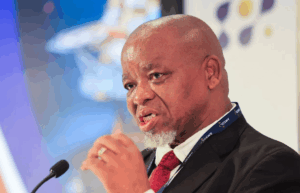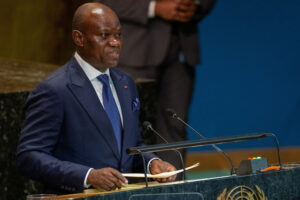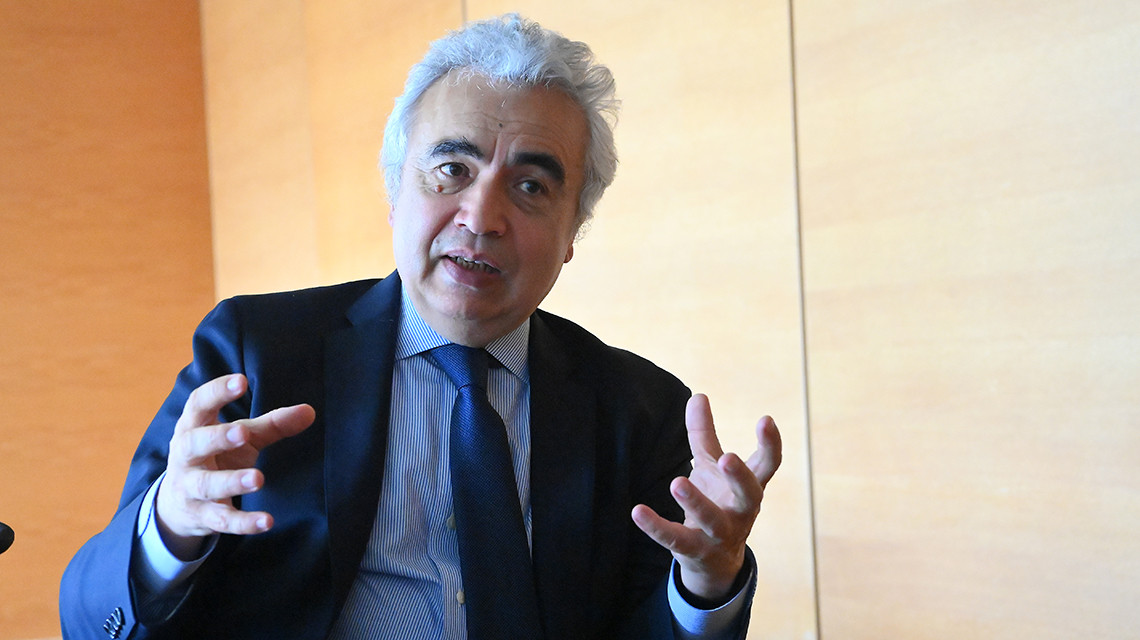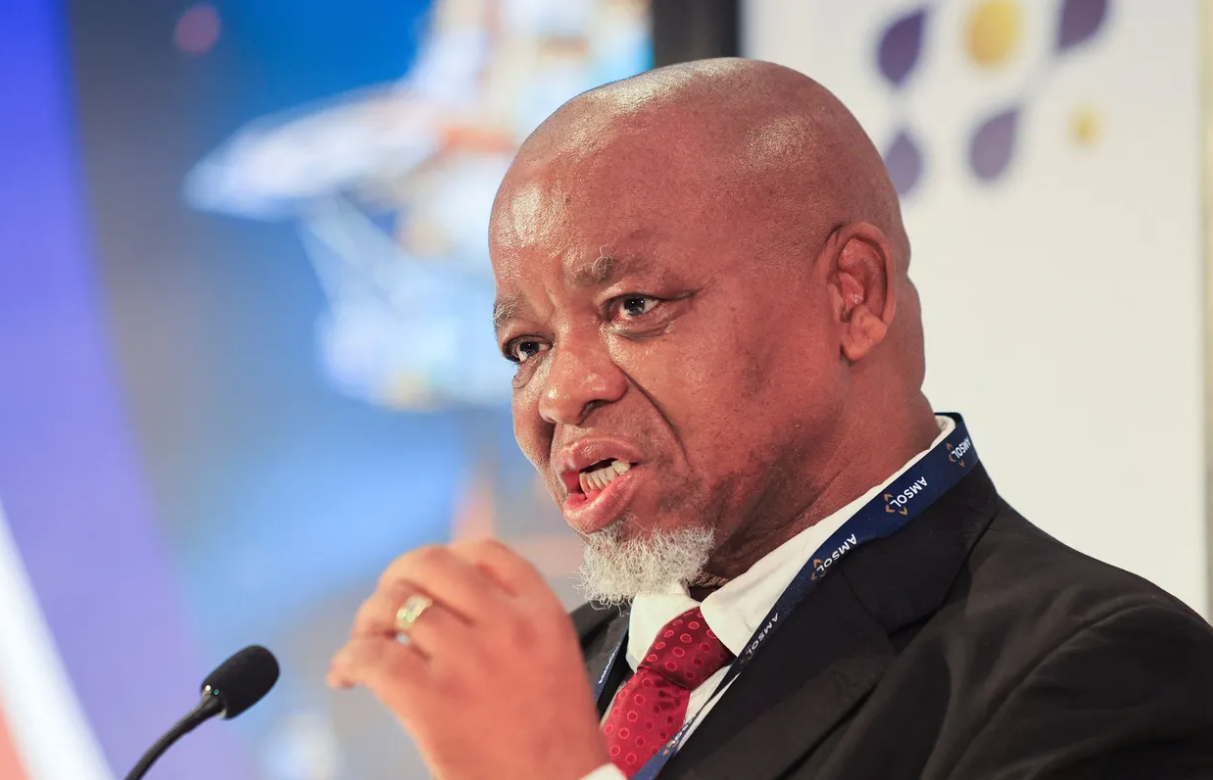South Africa’s Just Transition to net-zero by 2050 could cost at least in the region of ZAR 6 trillion. This is the scale of funding needed for South Africa ensure alignment with South Africa’s Nationally Determined Contribution under the Paris Climate Agreement. That is according to a report “ Financing South Africa’s Just Transition” published by the National Business Initiative (NBI),BUSA, Boston Consulting Group and other partners in December 2022.
The stakeholders report, initiated by the National Business Initiative, together with Business Unity South Africa and the Boston Consulting Group, and in collaboration with corporate leaders, assessed “ whether the pathways exist for the country’s economic sectors to decarbonise by 2050, and whether this can be done in such a way as to build resilience to the impacts of climate change and to put the country onto a new, low emissions development path”.
According to the report, South Africa faces a significant trade risk. It ranks in the top 20 most carbon-intensive global economies on an emissions per Gross Domestic Product (GDP) basis, and in the top five countries with GDP in excess of US$100 billion per annum. The economy will face mounting trade pressure as trade partners implement their low-carbon commitments.
With regions like the EU considering carbon border taxes, this could could impact future trade. Such taxes would be applied on the carbon content of imports to the EU. It is therefore essential to consider how South Africa’s competitiveness in global markets, and hence the viability of its industries, will be affected should key trading partners start taking steps to protect their net-zero commitments and enable their NetZero carbon growth trajectories, the report says.
South Africa should therefore make efforts to decarbonise its economy in the next three decades and transform it into a low-carbon, climate-resilient, and innovative economy. This transition also needs to take place in a manner that is just and simultaneously addresses inequality, poverty, and unemployment to ensure that no-one is left behind and that the future economy is also socially resilient and inclusive.
Funding should target decommissioning coal plants, priority investment areas including Green hydrogen, Green power, gas, grid expansion, EVs, and social and adaptation activities. Sources of the funding, the report explains, would primarily be private funders, public finance, renewable energy independent power producers initial investment , and blended finance.
Turning to transport as part of mitigation, the report called for a rapid electrification of transport, with 700 000 electric vehicles (EVs) on the road by 2030 and the banning of conventional (Internal combustion engine ) vehicle sales by 2035. New green industries such as EV manufacturing, green hydrogen-based industries, and green minerals, among others, can drive job creation, with a renewables-based power system creating about 2.4 million net cumulative job years by 2050 alone.
Despite the depth of the challenge, the parties behind the report state that South African business stands ready to play its part in this historical endeavour.
“Business is committed to working with government and other social partners, employees, stakeholders, and the international community, to embark on a deep decarbonisation path towards net-zero and to build the resilience to the impacts of climate change that will ensure that our country contributes its fair share to the global climate effort”.












